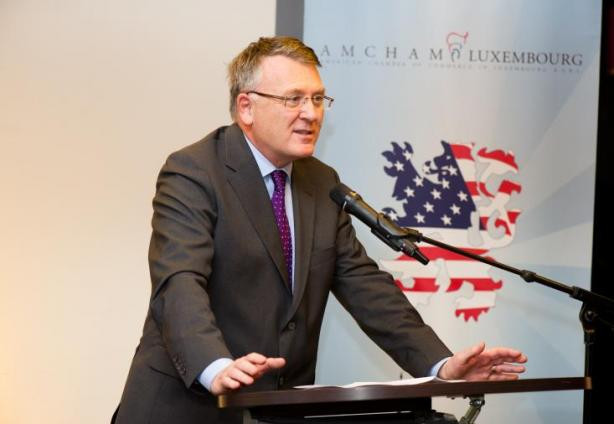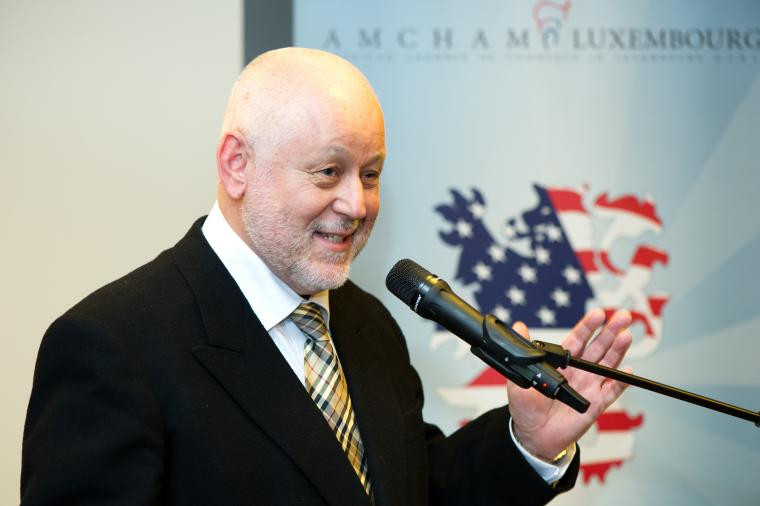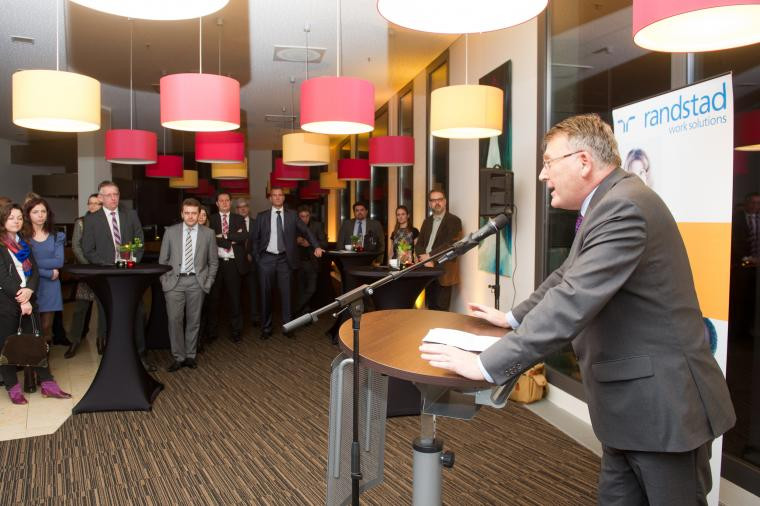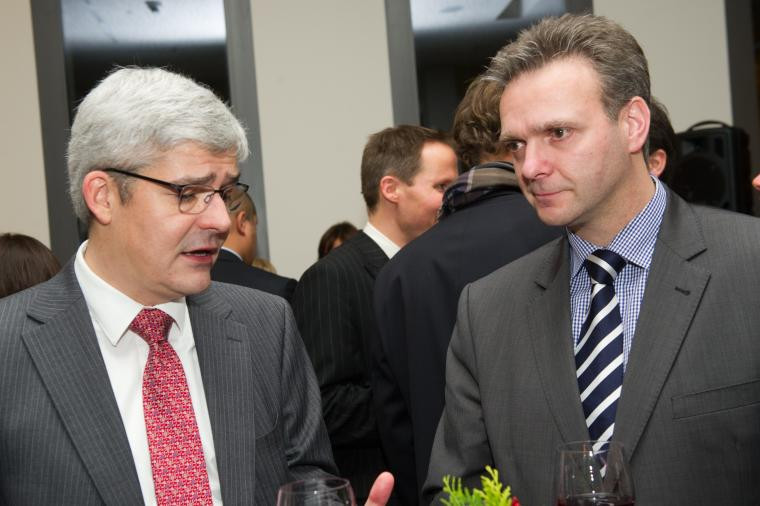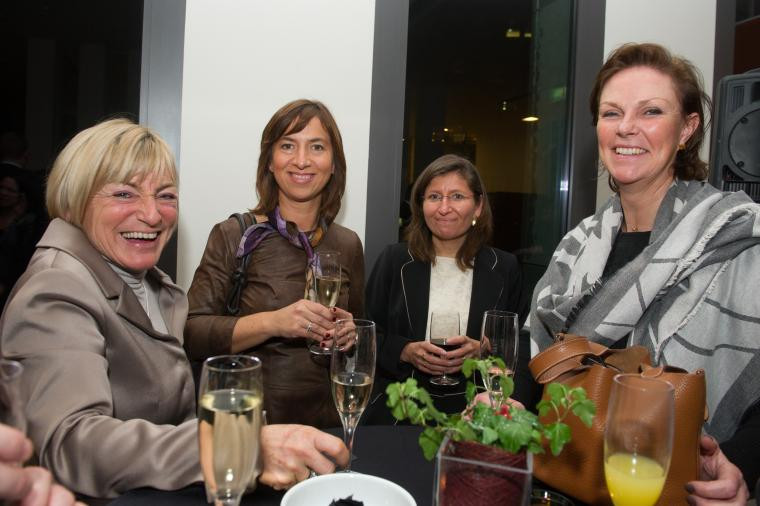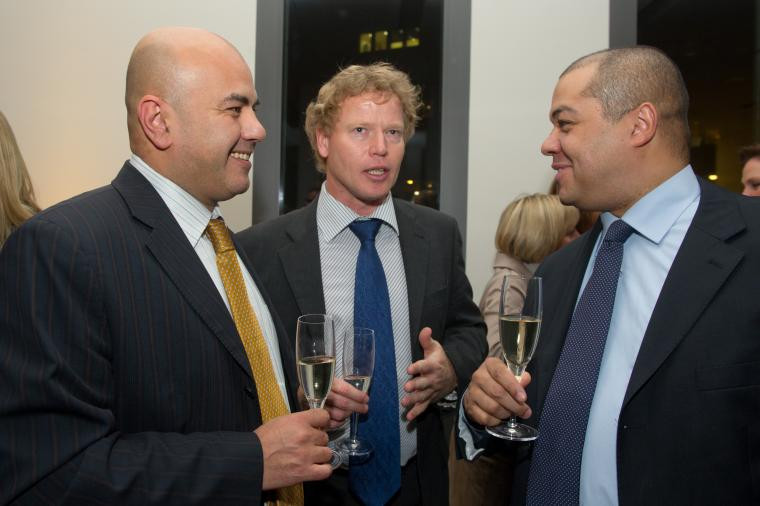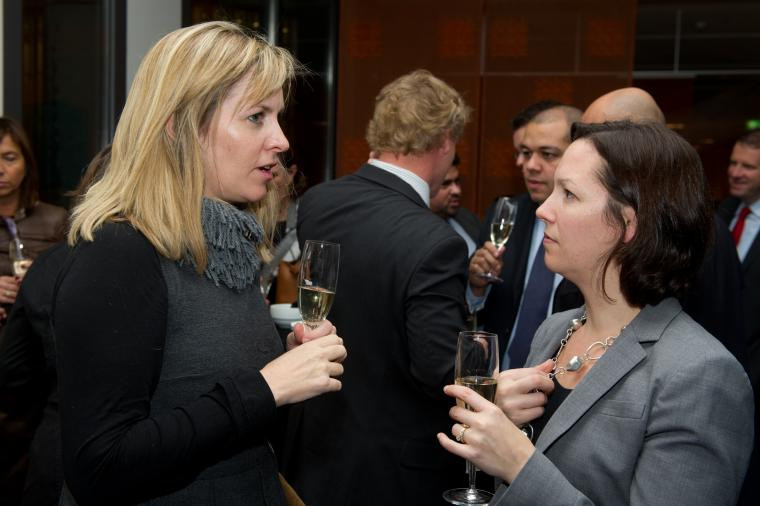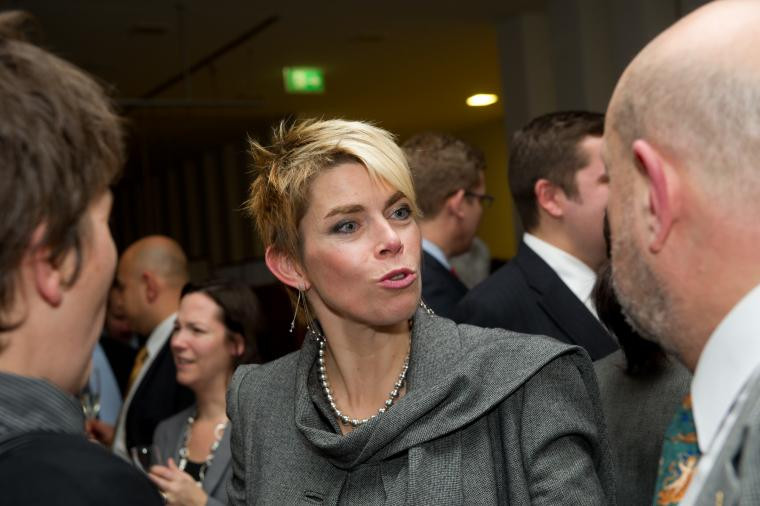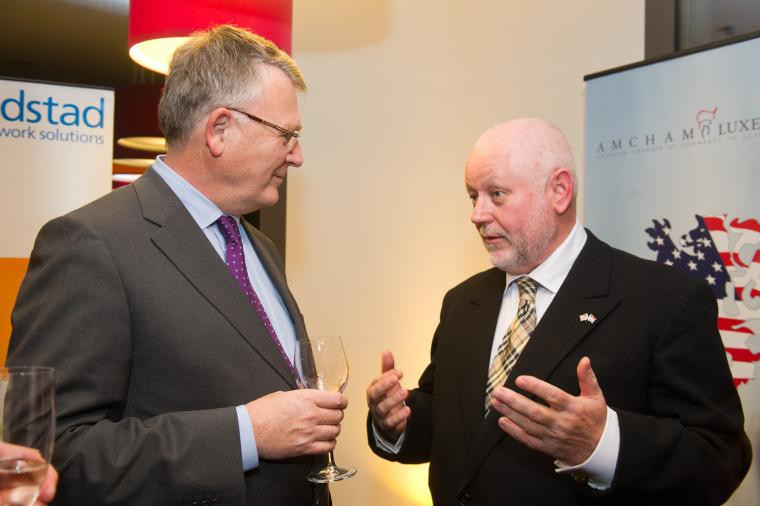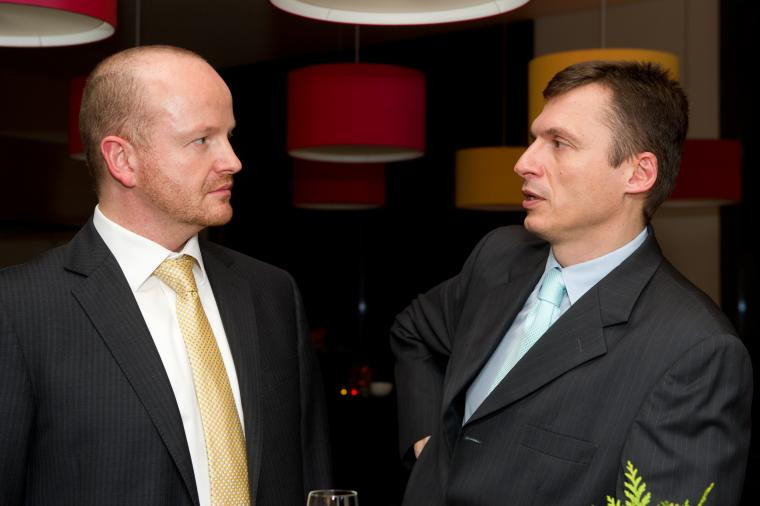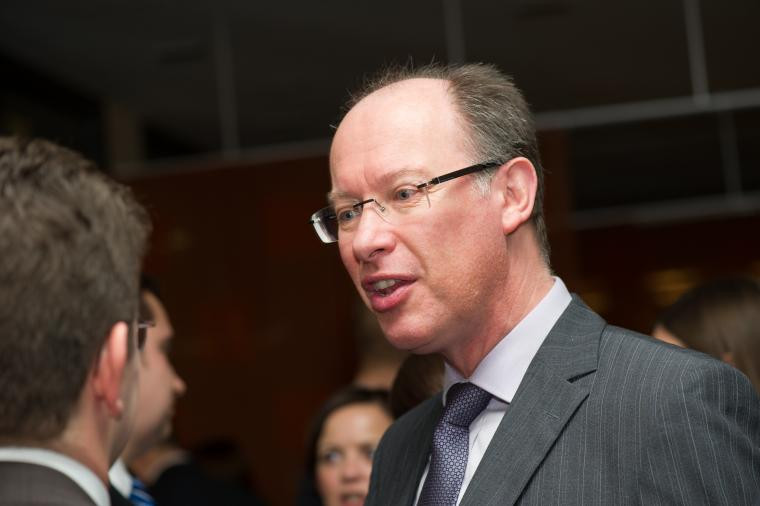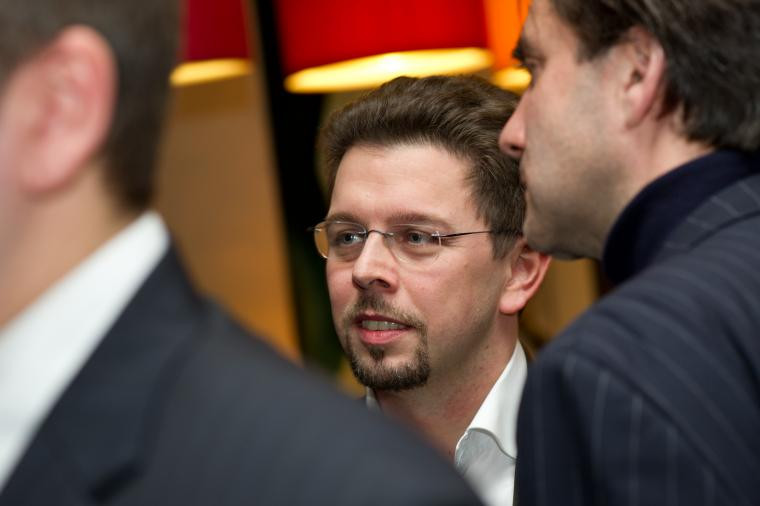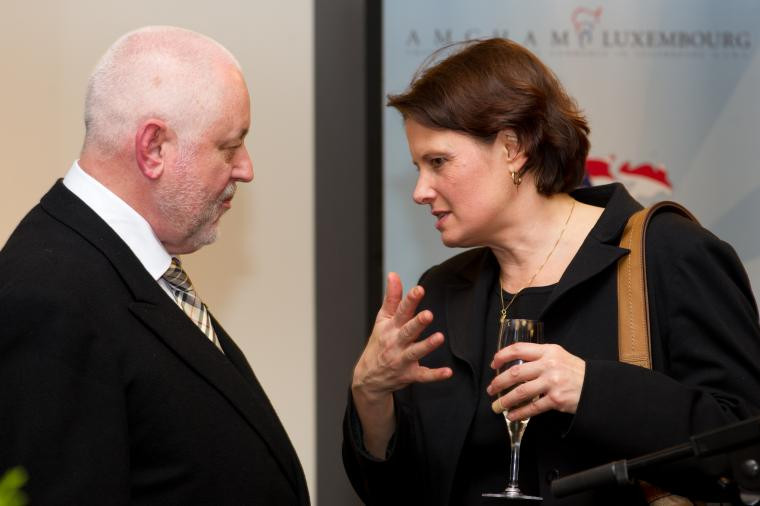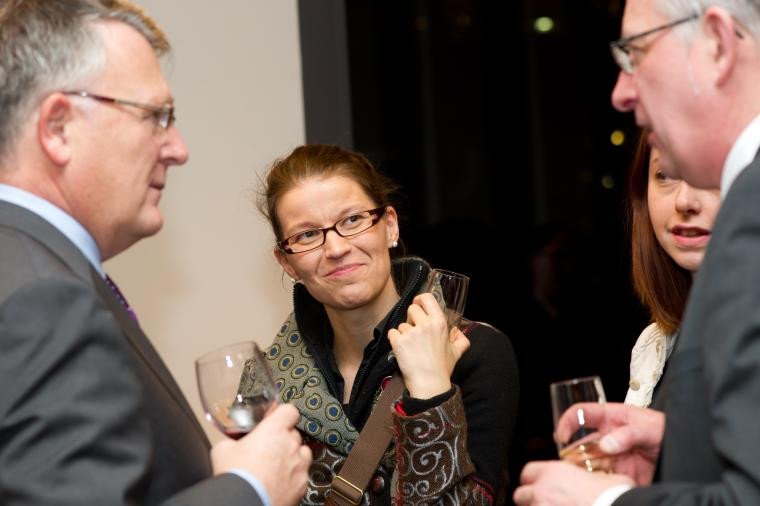Schmit cited a recent article in The Economist that highlighted the increasing global competition in the search for talent. “Those who are skilled and qualified determine the evolution of our economies,” the minister said. It is a subject that has been addressed throughout Luxembourg’s history, Schmit says. From the technology used to develop the steel industry to the new media skills from abroad that helped establish SES, Luxembourg has always had to rely on foreign talent and investment.
But in the face of increased competition, Luxembourg is facing a stiff challenge. Schmit says that Luxembourg has to re-imagine its economy because it is a small and open economy that requires new investors and new activities. The minister underlined the government’s desire to develop the biotech industry and the success in attracting e-commerce to Luxembourg. “The word for today and tomorrow is innovation, and that means talent.” The minister says that foreign talent can play a major role in achieving this.
But the Schmit said that the European continent as a whole is in the same boat. Europe is a continent for immigration, but does not always attract the best qualified people, the minister said. Figures show that the biggest share of highly qualified people go to the US, Canada and Australia. “Europe is not their main destination.”
To meet this challenge, Europe is promoting more mobility for the highly qualified under its relatively new Blue Card scheme. Luxembourg is also doing its bit to attract talent, and can play cards such as its reputation as a safe place in which to bring up families, a government open to business ideas, its international schools and increasingly international cultural scene. But Schmit also admitted that some areas in the bureaucratic process required to obtain work permits for third country foreigners still require improvement.
